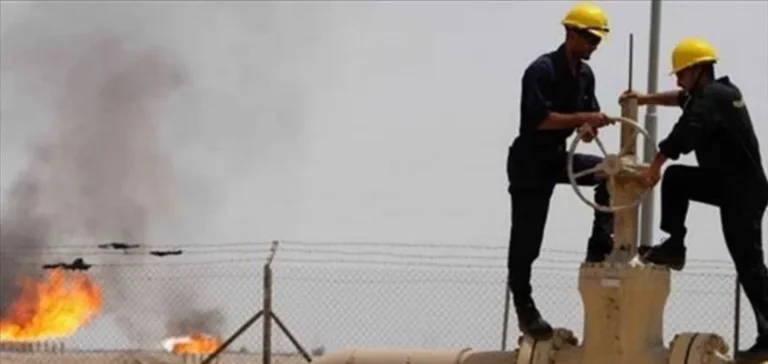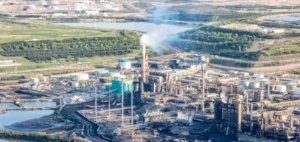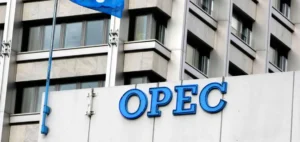Iraq’s State Oil Marketing Organization (SOMO) is in advanced talks with OQ Trading, the commercial arm of Oman’s state energy company, to construct a pipeline connecting Basrah’s oil terminal to a location in Oman. The project aims to diversify Iraq’s crude export routes and bypass the Strait of Hormuz, a maritime zone frequently affected by geopolitical tensions and weather-related disruptions.
A strategic infrastructure responding to regional risks
According to a statement issued on September 12 by the Iraqi News Agency, SOMO General Manager Ali Nazar al-Satari said the project would allow exports via “Oman’s open waters”, offering more stable maritime conditions than those found at Iraq’s southern ports. The proposed pipeline would provide a logistical alternative to Basrah terminals, currently responsible for nearly all of Iraq’s crude exports, averaging above 3 million barrels per day.
This new logistical corridor is part of a broader strategy to reduce Iraq’s vulnerability to Gulf tensions. The Strait of Hormuz, through which around 20% of global energy trade passes, was recently in the spotlight following Iranian threats to block the waterway amid its conflict with Israel.
Strengthened partnership between Baghdad and Muscat
In early September, Iraqi and Omani governments signed several memoranda of understanding, including agreements allowing Iraq to use Oman’s crude storage facilities and jointly market Iraqi oil. The Ras Markaz terminal, located near Oman’s Duqm special economic zone, was identified as a strategic site to host these volumes outside traditional export routes exposed to regional instability.
Efforts to diversify Iraq’s pipeline infrastructure have gained momentum since the 2023 closure of the northern Iraq-Turkey pipeline, increasing Iraq’s reliance on southern Gulf terminals. Iraqi officials have also floated options to revive pipelines to ports in Syria, though such alternatives remain under consideration.
Asia-focused strategy to secure demand
Oman could become a key export hub for shipping Iraqi crude to Asian markets without crossing exposed Gulf shipping lanes. This strategic shift toward Asia also reflects Iraq’s intention to secure access to fast-growing energy demand in countries like China and India.
As the second-largest producer within the Organization of the Petroleum Exporting Countries (OPEC), Iraq is seeking to capitalise on its production capacity despite ongoing regional uncertainties. Talks with Oman represent a longer-term effort to offer a more resilient and commercially attractive supply route for international buyers.






















